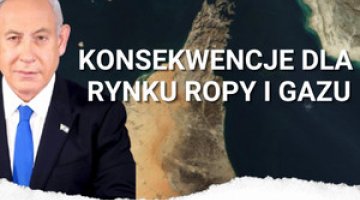Russia strengthens its presence in the Middle East
On 18 January, Russia signed two new agreements with the Syrian government on the Russian military presence in Syria. The first will extend the territory of the Material-Technical Support Point (MTSP: in Russian Пункт материально-технического обеспечения) in the Syrian port of Tartus, which has been in operation since the Soviet era; the second is an annex to the agreement from August 2015 establishing a Russian air base at the airport in Khmeimim. The agreements will be valid for a term of 49 years, with automatic extension for further 25-year terms unless one of the signatories cancels at least one year before the end of a term. These agreements provide for the free use by Russia of the territory and buildings, and ensure their almost complete extraterritoriality. They provide Russian military personnel with families with immunity from Syrian jurisdiction, not only on the territory of the bases but throughout Syria. Russian companies supplying the bases are granted exemptions from customs duties and taxes, while Syria assumes responsibility for damages inflicted by the Russians on third parties.
Commentary
- Before the outbreak of the civil war in Syria in spring 2011, the MTSP in Tartus inherited by Russia after the Soviet Union was in a rudimentary state. As Moscow’s involvement in defence of the Assad regime increased, it was gradually expanded to become the main entry point for Russian military equipment, at first for the Syrian army, and then as of September 2015 for the Russian contingent leading combat operations from the airport in Khmeimim.
- The signing of these agreements, which provide a legal basis for the virtually indefinite stationing of Russian forces (the agreements likewise fail to specify an upper limit for the number of Russian personnel present) testify to the Kremlin’s desire to exploit its successful operation to rescue the Syrian regime in order to lay the foundations for its permanent presence in the Middle East as an influential power which would replace the United States there in the role of chief architect of the regional order. This is also shown by the attempt – together with Turkey and Iran, but without the United States – to develop a political formula that would lead to an agreement between the Assad regime and the more moderate elements of the Sunni opposition, on the platform of a common fight against the extremists of Islamic State and al-Qaeda. The unequal, quasi-colonial nature of the agreements signed is particularly noteworthy.
- Moscow’s growing ambitions in the Middle East are also demonstrated by the activity of Russian diplomacy in matters beyond the civil war in Syria. Russia has begun to offer conspicuous support to Marshal Halif Khaftar, who is challenging the West-supported government in Libya. The Russian defence minister Sergei Shoigu held a video-conference with Khaftar during the latter’s visit on the Admiral Kuznetsov aircraft carrier on 1 January. Moreover, on 16 January, Russia organised the meeting of and acted as the intermediary between the main Palestinian political forces (the administration of the Palestinian Authority in the West Bank, and Hamas which runs Gaza). In this way it demonstrated its aspirations to take over the leading role in the process of resolving the Israeli-Palestinian conflict, as the only power that has good relations not only with Israel but also with both the main Palestinian forces.





